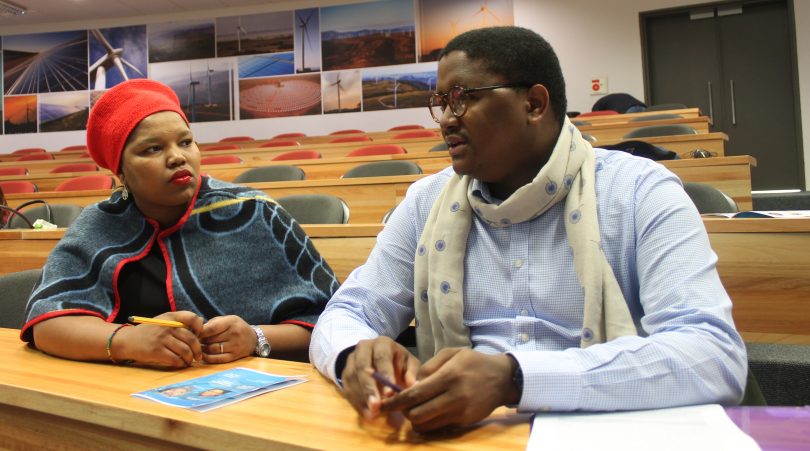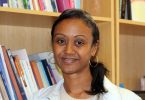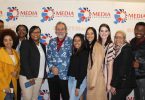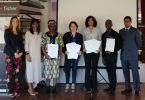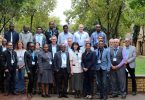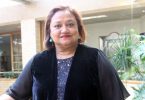The third seminar on decolonisation lived up to its theme as “a complex drama of words”.
Keynote speaker Dr Joel Modiri and respondent Asanda Ngoasheng engaged in a lively conversation around the concept of decolonising the university curriculum.
Modiri is a lecturer in the Department of Jurisprudence at the University of Pretoria and he shared his evolving philosophy of Azanian Jurisprudence.
“We still need in this country an alternative historical perspective,” said Modiri as he expounded on his experiment in theory building.
“Rather than asking what has changed since 1994 we should ask what has remained the same since 1652. What has remained consistent? We are still people upon whom the world acts, not people who act in the world,” he said.
Modiri wondered whether it was possible to ask a Eurocentric, neoliberal university to decolonise itself when this places the responsibility of change on the largely white professoriate who look at the world in a particular way.
“The decolonisation of the university is unthinkable outside of the decolonisation of South Africa itself. We are trying to decolonise at the wrong level and place, the university is a symptom of a problem. The real challenge is to decolonise South Africa,” was Modiri’s argument.
He believes that any attempt at change must deal with the idea of conquest and that reducing decolonisation to only an academic affair is not enough. “Decolonisation is a demand for reparation, it entails an endless fracturing of the world colonisation created,” he said.
While Ngoasheng, a lecturer in CPUT’s Media Department’s Journalism programme, applauded Modiri’s take on a new way of looking at the world predicated on philosophies espoused by African thought-leaders she questioned why he would dismiss the concept of intersectionality.
“Intersectionality is a theory developed by black African women and it I surprises me that the Azanian tradition does not include it when I know from my own life that my experience will differ from that of the black man, when I know that society will engage with me first based on my gender and then on my race,” said Ngoasheng.
For her the big challenge is how to begin the process of removing conditions that keep us unchanged.
“We can start by decolonising the curriculum. This is how we understand the South African curriculum as flawed. South Africa is a flawed subject and you cannot solve what you don’t understand. Academics are in the business of thinking and meaning making. This is what we need in order to decolonise the mind of the African child who has to do the actual decolonisation of society.
“Children who continue to learn in the colonised system will never learn to stand up and say ‘this is who I am and who I am is valued, even if my experience is not reflected in your textbook’,” said Ngoasheng.
*This conversation was the third seminar hosted at CPUT around the issue of decolonising the curriculum in higher education. The Fundani Centre of Higher Education, supported by the Impala Project (the Internationalisation and Modernisation Programme for Academics, Leaders and Administrations which forms part of the Erasmus+ Key Action2: Capacity Building in Higher Education programme, an European Union funded initiative) are spearheading this institutional project.
One of the major focus areas of the decolonisation project is on seeking cognitive justice and decentering Western knowledge through curriculum renewal activities.
Written by Theresa Smith

